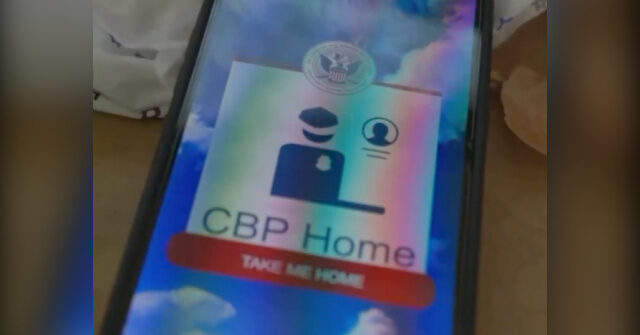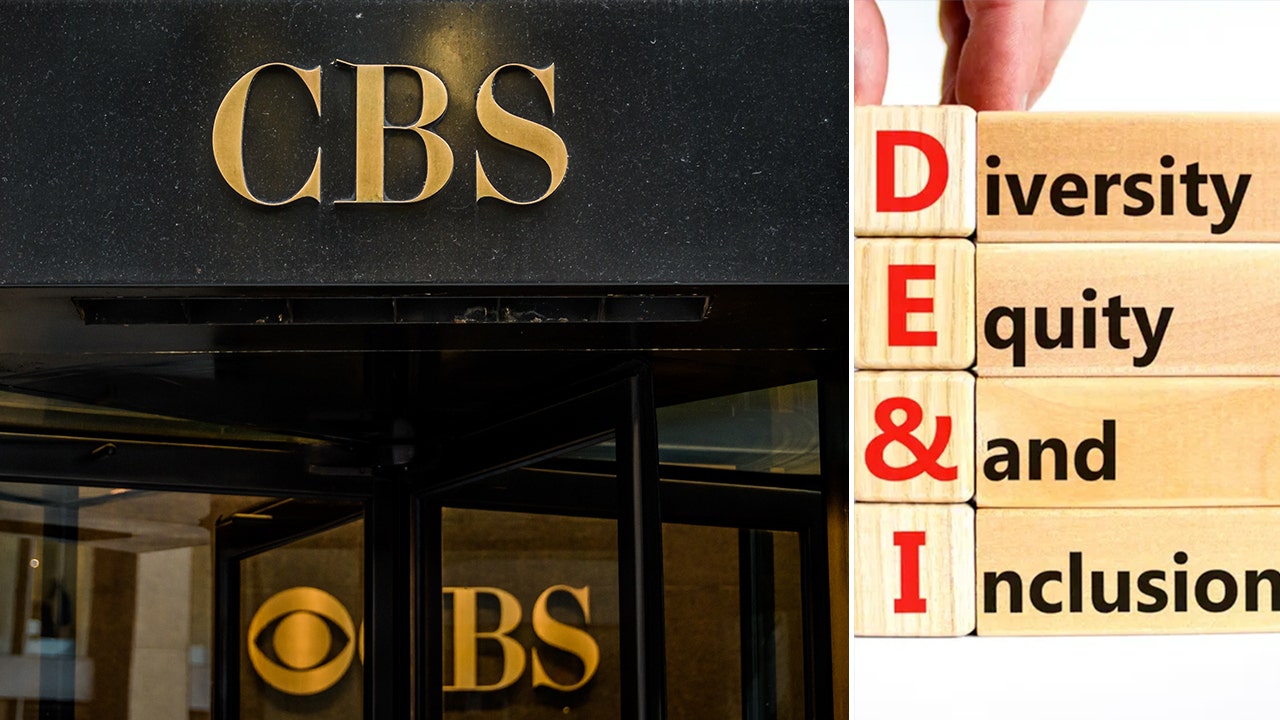
On Monday, July 25th, following several months of legal negotiation, South Africa formally asked the United Arab Emirates (UAE) to extradite brothers Rajesh and Atul Gupta who are accused of corruption in a case involving former South African President Jacob Zuma. The two countries initially ratified an extradition treaty back in April 2021, but the official announcement of the extradition request was delivered by Justice Minister Ronald Lamoa of South Africa at a press conference. The Gupta brothers, along with a third brother whose location remains unknown, have been wanted for numerous charges including abuse of power, corruption, and money laundering schemes worth millions.
The brothers’ close affiliation with former President Zuma, head of state from 2009 to 2018, sparked a scandal in South Africa, ultimately leading to his resignation and a trial over 700 corruption charges. The brothers, both businessmen, are accused of using their connections with Zuma to win contracts, influence cabinet appointments, and drain state funds. Both Zuma and the Guptas have denied all allegations, yet the Guptas have refused to return to South Africa, claiming a fair trial cannot possibly be held in the country.
The Gupta brothers were arrested by Dubai police back in June 2022, four years after they had escaped South Africa. Dubai police arrested the Guptas on the basis of an Interpol ‘red notice,’ a request sent in May from the South African government to law enforcement officials worldwide to locate and temporarily arrest someone pending extradition. After the June arrest, South Africa had 60 days to submit the extradition request.
The arrest of the Gupta brothers is a significant milestone for South Africa as the efforts to extradite the brothers have taken years of legal work and considerable back-and-forth communication between both South Africa and the UAE in order to determine the most efficient way to go about the process.
South Africa’s National Prosecuting Authority (NPA) Director Shamila Batohi stated, “We will do everything possible to ensure that the prospects for prosecution and successful conviction are a reality.”
On Twitter, the NPA wrote: “The submission of the formal application request for the arrest and extradition of the Gupta brothers reaffirms our resolve to be the lawyers of the people and seek collective justice for our country.”
Originally born in India, the three Gupta brothers moved to South Africa in the early 1990s, near the end of the country’s apartheid regime. The brothers quickly developed business interests in the energy and media sectors, while also cultivating ties with members of the African National Congress (ANC). The ANC led the struggle to end the white-minority rule in apartheid South Africa and has governed Africa’s third-largest economy since 1994. The Guptas became especially close with President Zuma and his family. Duduzane Zuma, the former president’s son, was a business partner of the brothers. Ties of patronage between the families are so strong that critics have referred to them collectively as the “Zuptas.” Thus, the Guptas’ had control over appointments in Zuma’s cabinet, according to testimony by a government minister.
After building a profitable business empire in South Africa over the years, the Guptas now stand accused of “state capture”- a form of corruption in which businesses and politicians conspire to influence a country’s decision-making process to advance their own personal interests. It is alleged that the Guptas manipulated Zuma to distribute billions in public money to a web of companies controlled by their family members and associates through pricey gifts and bribes. According to some estimates, state capture during Zuma’s presidency wounded South Africa’s economy by $82.6 billion, which amounts to 25 percent of its current gross domestic product (GDP).
In February 2018, Zuma was forced to resign due to corruption allegations relating to the Gupta family. Since Zuma’s exit from the political sphere and now facing prosecution charges, all prominent members of the Gupta family fled South Africa. Since leaving South Africa, the Gupta brothers have been flaunting their wealth between various Asian nations and most notably, in the city of Dubai, where they are said to run new enterprises.
If the Gupta brothers can be extradited to South Africa, prosecuted, and convicted in a timely, efficient trial, the country can finally begin to address the extent to which corruption has utterly devastated the state and the economy. Today, South Africa has the highest unemployment rate in the world, and due to Zuma-era state capture, the nation’s electricity grid is on the brink of collapse, its national airline has almost vanished, and its once world-class railways are now outdated.
The trial of the Gupta brothers may help expose the global web of offshore companies, secret bank accounts, shadowy collaborators and luxury assets that swallowed billions of dollars of South Africa’s public money. Recovery of some or all of this stolen money could make a significant impact on the South African economy. If even a few of the billions allegedly laundered by the Guptas are found and returned to the people, South Africa’s fortunes could potentially be reset. The UAE’s capture of the Gupta brothers could also aid anti-corruption struggles across the African continent as it demonstrates that a Gulf nation is eager to debunk its reputation as a safe haven for financial criminals from the continent.
However, there is no guarantee that the capture of the Gupta brothers will result in positive change in South Africa and the African continent. Monday’s arrest could remain a symbolic victory against corruption but not deliver any practical financial compensation to the South African people. In fact, it is likely that a vast sum of the billions of dollars in public money stolen by the Gupta family is now laundered and hidden far from the reach of South African prosecutors. In the past, extensive corruption investigations and trials around the world have shown time and time again that arresting the corrupt is an easy step in comparison to proving their guilt and recapturing the state funds they have stolen.
Even after the Gupta brothers are put on trial, it could take decades for prosecutors to sort through secret bank accounts and shell companies – corporations without active business operations or significant assets – to reclaim a fraction of the stolen public money. Moreover, South Africa’s prosecution agency is currently weak as it is forced to beg private attorneys to donate their skills and time. This weakened force could prove to be no match for the wealthy Guptas and their top-tier lawyers.
The Gupta brothers’ capture also raises the possibility of further political polarization, instability, and violence in South Africa. Supporters of Zuma, the Guptas, and beneficiaries of the state capture have long alleged to per the ongoing prosecution of all parties as political persecution, rather than a fair, transparent judicial process. Current South African President Cyril Ramaphosa, who replaced Zuma in 2018, is being accused of using prosecutors and the Gupta family to dispose of the remaining political influence of the former president. When news of the Gupta brothers’ capture broke, a select portion of the population saw it as an opportunity to divert attention from Ramaphosa, who is also currently facing corruption allegations.
The Guptas’ arrest, extradition, and conviction could be South Africa’s biggest coup against the institutionalized corruption that has immensely damaged the governmental and economic stability of the country. At the same time, a trial could result in political violence and immense bloodshed. If the Gupta brothers are extradited, tried, and go on to incriminate allies of Zuma, the country could witness a repeat of the July 2021 bloodshed that followed the arrest of Zuma and left nearly 400 South Africans dead.
In conclusion, the South African state must ensure Monday’s victory of an official extradition request remains a celebratory, notable milestone for the nation and does not transform into a lost opportunity to dismantle corruption or another period of political violence in the country.




















Discussion about this post